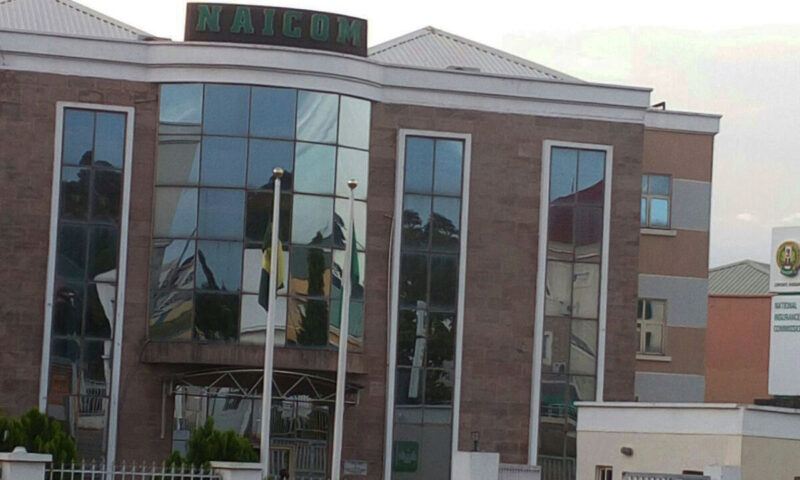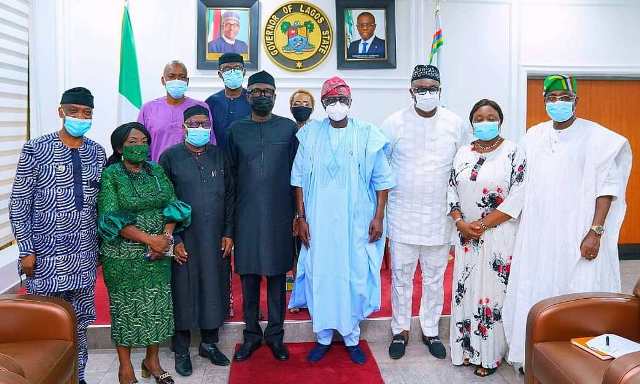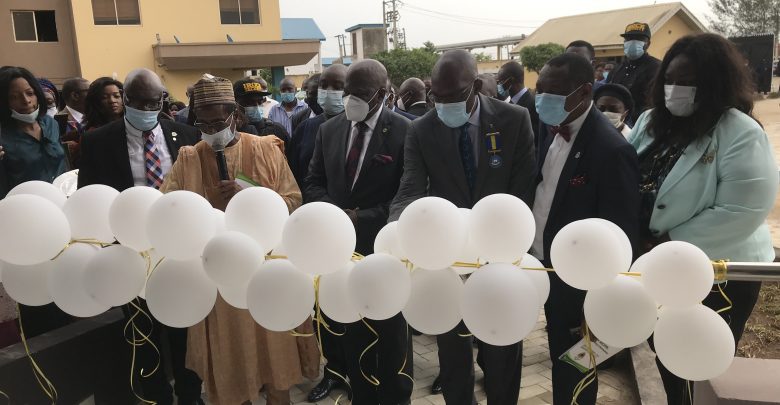Naicom targets 2024 to complete sponsorship training of 100 CAA, 5 Actuaries @ CIFM
By Favour Nnabugwu
The National Insurance Commission, Naicom, has began full sponsorship training of a 100 of Certified Actuarial Analyst, CAA and 5 Actuaries in the College of Insurance & Financial Management, CIFM up to 2024.
Disclosing at the commissioning of the auditorium named ‘Naicom Hall’ in Lagos today the Commissioner for Insurance CFI, Mr Sunday Thomas.
According to him, “The Commission has already commence the Actuarial capacity development programme in collaboration with the CIFM. The programme is expected to develop 100 certified Actuarial Analysts and possible minimum of five (5) Actuaries by the year 2024′
It will be recalled that that the Commission had commenced the sponsorship of Actuarial programme which is Ames at addressing the growing need for professional analysts in the sector.
The aim thereof of the regulatory body is to address sponsorship of candidates through the certified Actuarial Analysts, CAA career pathway and to champion actuarial skills retention while the programme will address the growing need to professional analysts with requisite actuarial technical and analistical skills to fill the key roles in financial institutions.
While that is to ensure that those working in technical roles have the required skills and methodology to allow businesses provide assurance to regulators, stakeholders and the public.
Going forward, Thomas commended the Chartered Insurance Institute of Nigeria, CIIN for achieving the heart feat, “The ceremony today is the outcome of a careful thought out need of the College by the CIIN with the financial support of the Commission”
The CFI who was elated by the feat said, “The completion of this auditorium will undoubtedly be a value-additoin not only to the College but the entire insurance sector of the Nigerian economy. It is our firm believer that you will put this infrastructure to good use for the benefit of all stakeholders”.
“Naicom is this elated at it’s completion and the expected service it will deliver to the industry and the public. The auditorium will facilitate the mass quality training of insurance profesionals/agents and as well as provide adequate facility for conducting the CIIN professional examinations, he added.
Thomas said the Commission will continue to support the industry to further spur the growth of the insurance sector. ” The Commission, l am aware has always and will at all-times extend her full support to not only the College and the CIIN but to all deserving stakeholder in the industry in their drive for insurance business growth and development”
“Let me at this point publicly acknowledge the support of the National Insurance Commission in the pursuit of all its initiatives including the completion of this auditorium under the purposeful leadership of its Chairman, Chief Jeff Nwosu”
He informed that Naicom encourages insurance professionals and trade unions to come up with laudable ideas for the growth of the sector, “The Commission is open to new ideas and shall continue online with international best practices that will streghten our institutions”
On the part of the Commission, he said, “It is imperative to note that the current dispensation in the Commission, human capital development anchored on relevant upscale of skills, digitalisation and product innovations, effective/efficient service delivery remain our strategy of focus.
On this premise, several initiative have been designed by the Commissiont to facilitate attainment of the strategic focus which will redefine the future of the Nigerian insurance market”.
Above all, the CFI noted that Naicom will soon request the support of scholars in the industry to train the Commission’s staff to further develop it’s human capital, “This is an important component of the Commission’s strategic focus on capacity development.
“The Commission is also internalising the human capital development initiative through the effective plan of action for the take-off of its academy. We will soon be requesting for assistance of erudite scholars in the industry to fill the identified knowledge gaps in the regulatory system”.




